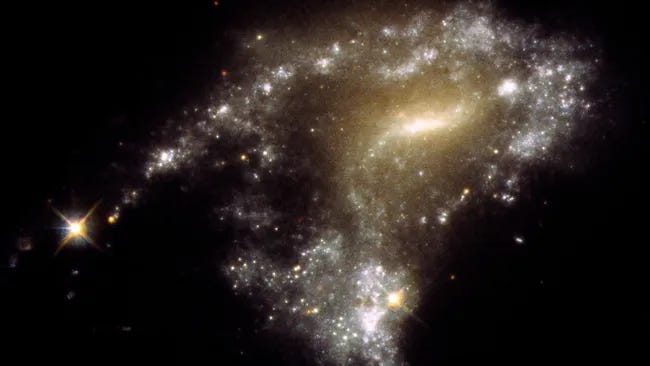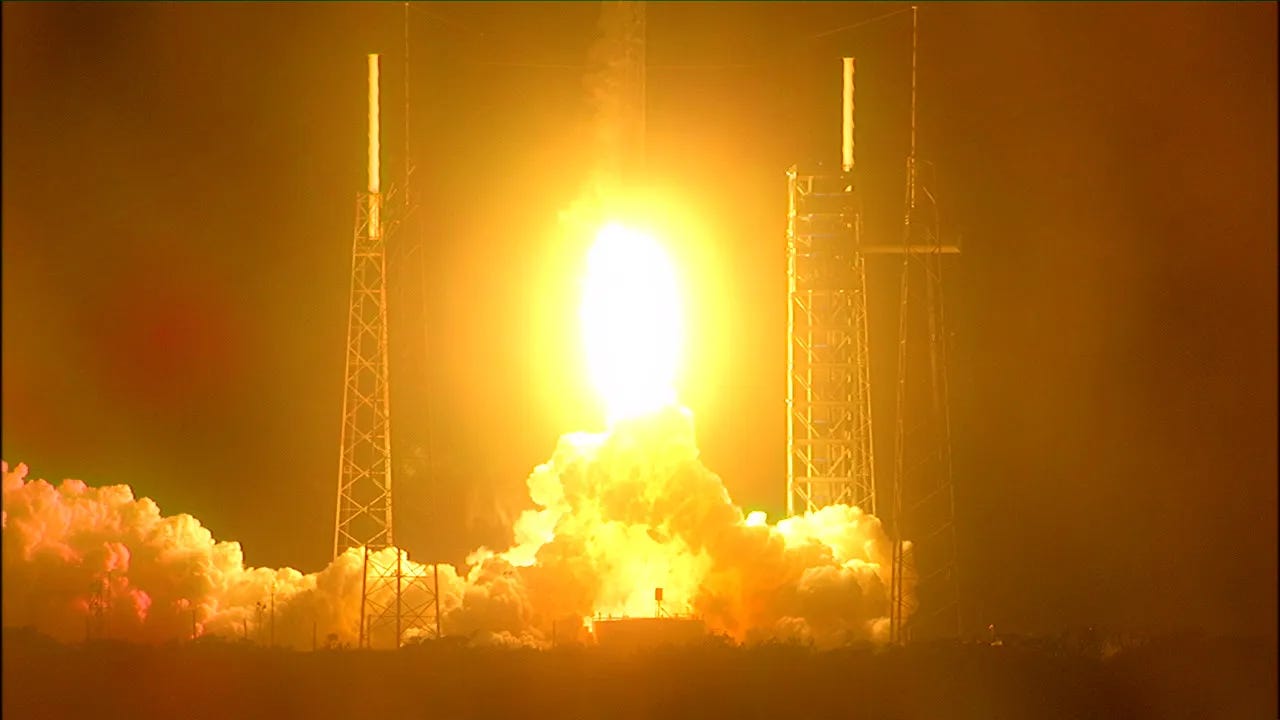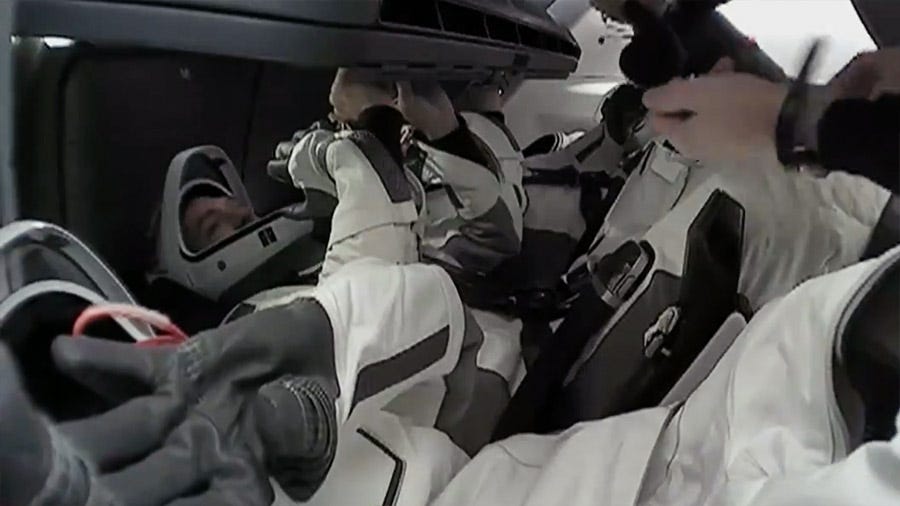Weekly - Hubble discovers unique interaction of galaxies and more
Weekly Space News - Quick and Easy
Hubble discovers unique interaction of galaxies
Last week, the Hubble Space Telescope discovered 12 galaxies located about 173 million light-years from Earth, interacting with each other in a unique way. When these galaxies interact, their spiral arms get stretched out into long "tails" because of the strong gravitational forces between them. These tails become centres for making new stars because all the gas and dust in them get mixed up and start forming stars. Astronomers spotted 425 young star clusters in these tails, each containing about a million young, blue stars. They used ultraviolet light observations to figure out the star clusters' ages, finding that they were all younger than 10 million years old. This discovery helps us understand how stars are born in these cosmic collisions.
NASA launches new climate observation satellite
NASA's PACE mission, focused on studying ocean health, air quality, and climate change, was successfully put into earth orbit aboard a SpaceX Falcon 9 rocket last week. The Plankton, Aerosol, Climate, and ocean Ecosystem satellite (PACE) is equipped with tools to study tiny particles in the air (aerosols) and tiny plant-like creatures in the ocean (phytoplankton). By studying these things, scientists hope to learn more about the health of the Earth's atmosphere and oceans and help address issues like climate change and air pollution.
First Turkish astronaut, along with 3 others splash down
Last week, Turkey's first astronaut, Alper Gezeravci, along with an all-European crew, successfully splashed down in the Atlantic Ocean, after completing their two-and-a-half-week mission on the ISS. However, the return journey of the astronauts was delayed by several days due to bad weather. As a result, the crew spent 18 days on the ISS, conducting 30 experiments to study the effects of microgravity on the human body and advance industrial processes. This delay extended their stay beyond the initially planned two weeks.




